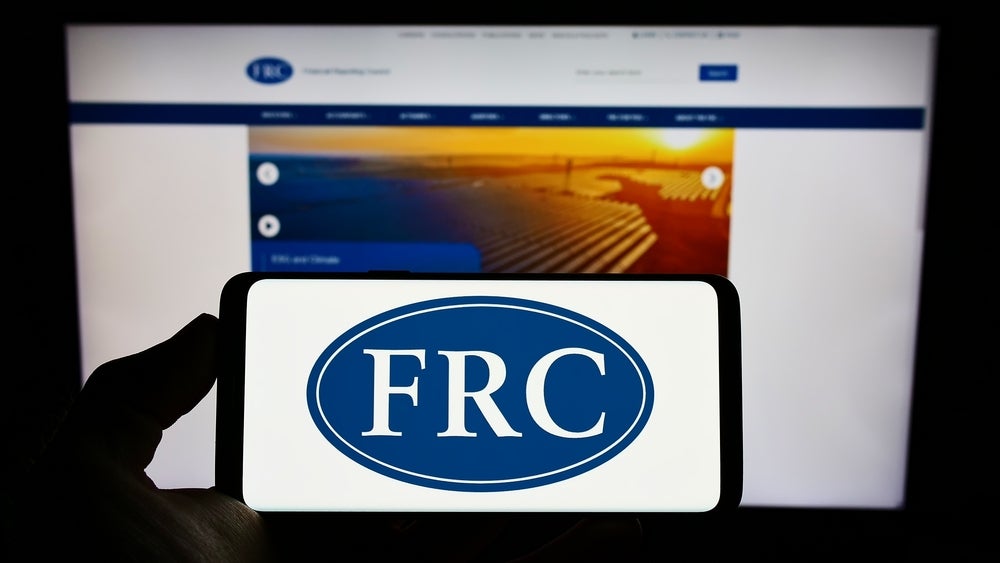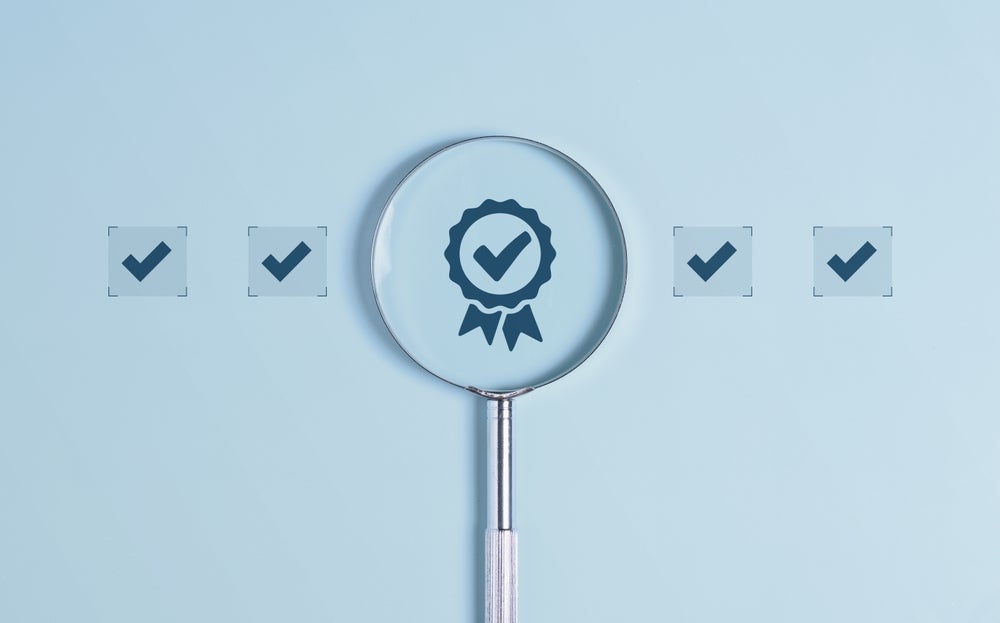Independence requirements for auditors
have been tightened in a revised Code of Ethics for Professional
Accountants issued by the International Ethics Standards Board for
Accountants (IESBA), one of the International Federation of
Accountants (IFAC) standard-setting boards.
Pushing towards global convergence of ethics
standards is a key objective behind the changes.
Deloitte director of global independence, Jean
Rothbarth, who also sits on the IESBA, said the changes have been
made to reflect an evolved business environment since the code was
issued in 2000.
The board spent a lot of time benchmarking
against national accountancy bodies and regulators.
“One of our objectives at IFAC and at the
IESBA is convergence of global standards and with that notion we
wanted our independence standards to be credible,” Rothbarth said.
“To promote convergence, we felt that it was really important that
we strengthen those standards.”
KPMG Europe ethics and independence partner
Peter Hughes called international convergence of ethical standards
a “holy grail”.
How well do you really know your competitors?
Access the most comprehensive Company Profiles on the market, powered by GlobalData. Save hours of research. Gain competitive edge.

Thank you!
Your download email will arrive shortly
Not ready to buy yet? Download a free sample
We are confident about the unique quality of our Company Profiles. However, we want you to make the most beneficial decision for your business, so we offer a free sample that you can download by submitting the below form
By GlobalData“Whenever we do global audits, which is all
the time, we have to apply different standards in different
countries and it is very difficult. It considerably adds to the
compliance burden,” Hughes said. “It is important in that context
that the code of ethics is seen as something that national standard
setters can be comfortable about adopting.”
The changes to independence requirements
include:
• Extending independence requirements from
audits of listed entities to audits of all public interest
entities;
• Requiring a cooling off period before
certain members of the firm can join public interest audit clients
in certain positions;
• Extending partner rotation requirements to
all key audit partners;
• Strengthening some provisions related to the
provision of non-assurance services to audit clients.
The IFAC statement of membership obligations
encourages the convergence of national codes with the IESBA
code.
The revised code takes effect on 1 January
2011.






